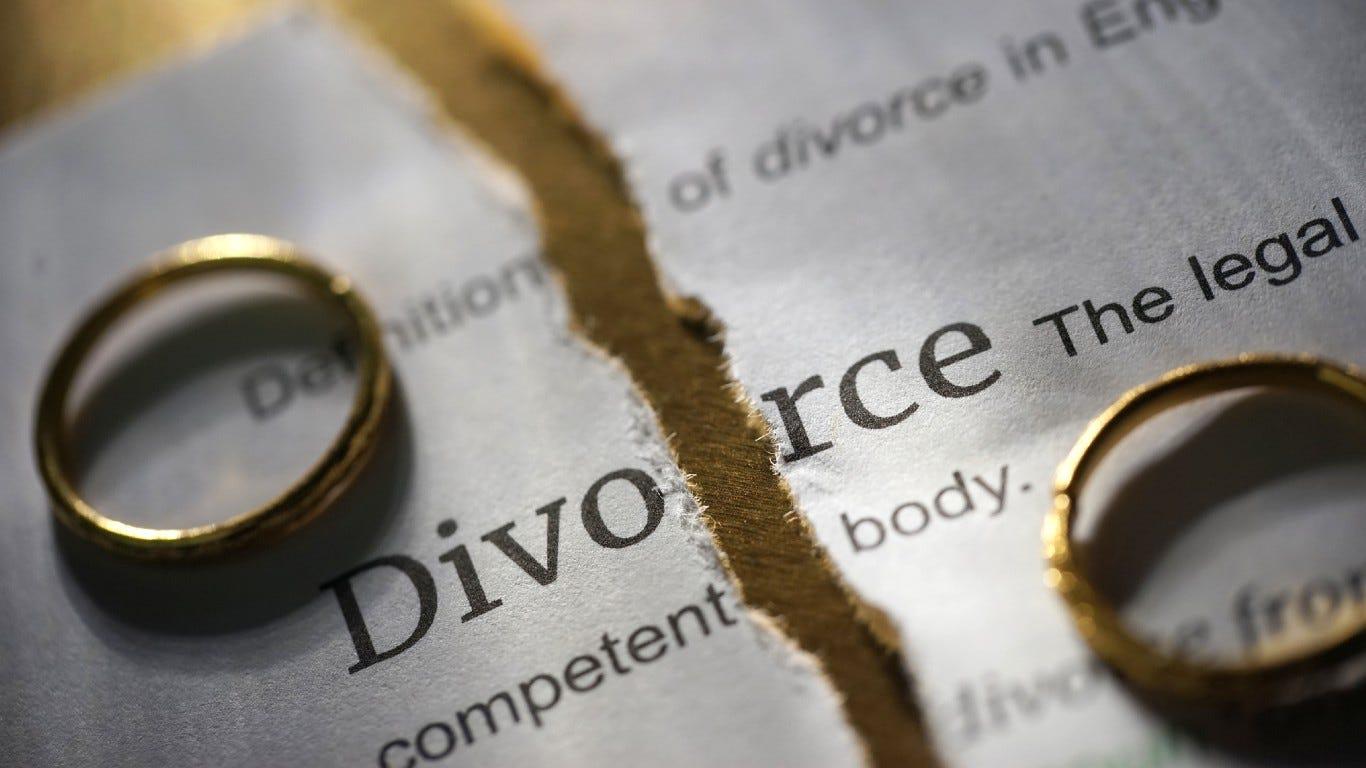You can change your Will or Trust at any time, even in the middle of a divorce. However, once a divorce proceeding is commenced, both spouses are restricted from transferring assets or changing the designated beneficiary on retirement accounts. This restriction does not extend to the ability to change your last will and testament or other estate planning documents. Many people name their spouse as executor, power of attorney, and health care proxy, and a change in the marital status will likely change who you want to serve. For example, if you are in the process of getting divorced, do you want your soon-to-be ex-spouse to be able to make medical decisions for you if you cannot make them for yourself?
While your ex-spouse is deemed to have predeceased you if they are named as executor or beneficiary of your will, before the divorce is finalized they are still in those positions. You may also want to remove them as the trustee of a trust created for your children or other beneficiaries. Further, you may have named your ex-spouse’s family members to serve as successor executor or trustee, but this may no longer be the case since you have severed the marital relationship.
On the flip side, you may still want your ex-spouse or their family to be named in your documents. In that case, you should update your estate planning, especially once the divorce is finalized, to make it clear that it is still your intention to have them serve.
Beyond the default created by law about the treatment of spouses and ex-spouses, some relationships are governed by pre-nuptial or post-nuptial agreements that dictate what a divorcing or post-divorce spouse can do in their estate planning. These terms must be taken into account when determining when and how to update estate planning documents.
In all cases, you should consult with both your estate planning attorney and your matrimonial attorney to make sure you are making the right decision about the timing of changing your estate planning, the possible effect it may have on negotiations in your divorce, and the legal implications of waiting to make a change.






